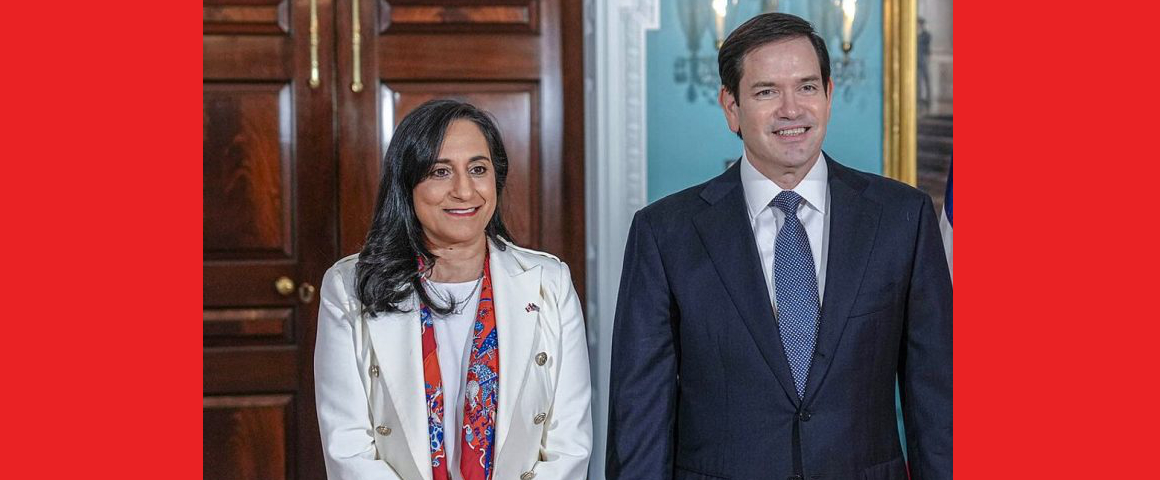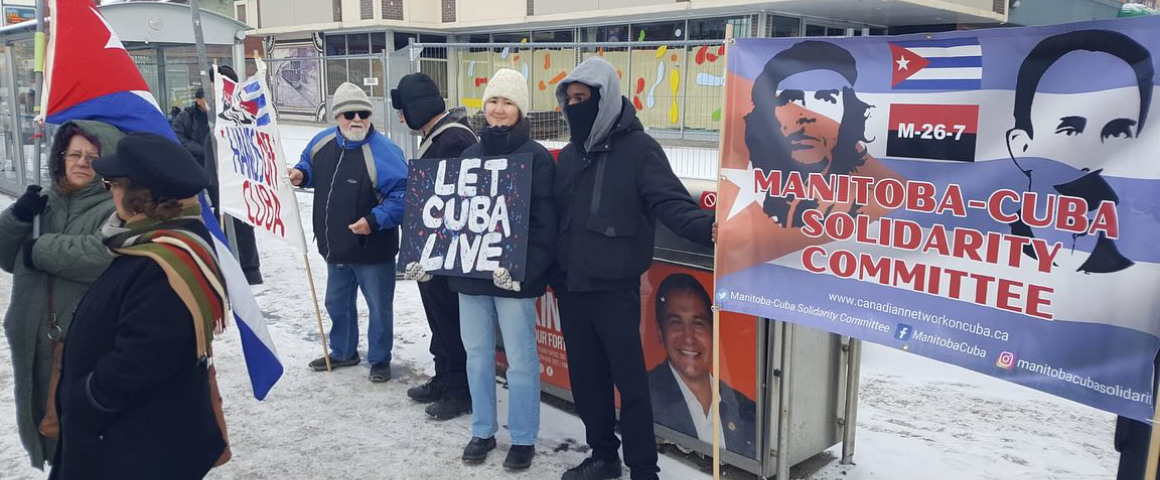In the world of foreign policy new terminology regularly appears to describe new circumstances, but often it aims at hiding the same old events, and trying to gain the acceptance of questionable actions. It is usually the Empire doing that with its dominant language.
Take for instance the expression “collateral damage”. It is a euphemism to justify the killing of so-called “non-combatants”, really meaning “civilians”. Killing of school children has been considered “collateral damage” following indiscriminate bombings.
Some attribute the origin of the expression to the bombing in Vietnam, others to the Gulf War of 1991. It continues de facto today in the Middle East in the so-called “war on terror”, another of those misleading expressions, which many observers consider more correctly support for terrorism by the U.S.
More recently, we often hear the expression “soft coup”, especially in the context of a new wave of regime change in Latin America. This is a contradiction.
A coup d’état is the violent overthrow of a government. And there is nothing “soft” about something that is forceful and possibly against the law or criminal. In addition, a coup is likely to result in serious “collateral damage” on innocent people, civilians.
We also hear a similar phrase, “parliamentary coup”. This is even more of a contradiction. We think of a Parliament as a democratic institution of a State, or it should be. So this actually means a coup d’état that is given to another branch of the état, the State.
This is not semantics.
It is a language that is coined intentionally by some branch of the U.S. State Department, and propagated by a compliant corporate media, to make us believe something other than the truth, or to suggest a negative implication. It is almost inevitable to see references to Cuba as “communist-run Cuba”. While this is not totally incorrect, the implicit intention is questionable. There is never a reference to the U.S. as “capitalist-run United States”, which would in fact be true.
It is a language that uses words whose meaning diverts our attention from the deeper significance.
It’s a language that aims at sanitizing events that are otherwise serious and unlawful, often, unconstitutional.
It attempts to predispose our minds to ignore what is obvious, like in a magic show. It co-opts us to accept unlawful events or actions committed by U.S. exceptionalism.
Not to some, but to many who take language at face value. To many who will not take the time to understand the motivation behind it.
It is imperative to question and reject the language of the empire. Once that is done, the real intentions of the colonizer will be recognized.
The motivation behind a coup is the real issue. It is not important how a coup is given, but the reason why the coup is given, and by whom. The ideology behind a coup is the true gauge.
For example, Hugo Chavez attempted a coup in Venezuela in 1992. The reason was very clear: to put an end to the corrupt government of Carlos Andrés Pérez, and those before him, to channel the wealth of Venezuela to relieve the endemic poverty of the majority of Venezuelans, and to build true democratic values in Venezuela and in Latin America. His guiding principles were those of Simón Bolívar.
In Cuba, Fidel Castro attempted a coup in 1953. The reason was very clear: to remove dictator Fulgencio Batista and free Cuba from foreign domination.
Today we are witnessing a new wave of U.S.-sponsored coups in Latin America: military, soft, parliamentary, what have you. It is the same old U.S. obsession of regime change with a more “palatable” name, but the same old dog tricks.
The ideology is always the same: brutal capitalism, imperial expansionism, political domination, economic exploitation, and land occupation.
Latin America has had way too many CIA interventions that have established dictatorships through bloody coups. It is our task to spell out any misleading notion around those coups before they get engraved in the history books. Ultimately, it is imperative to stop all neoliberal coups.




